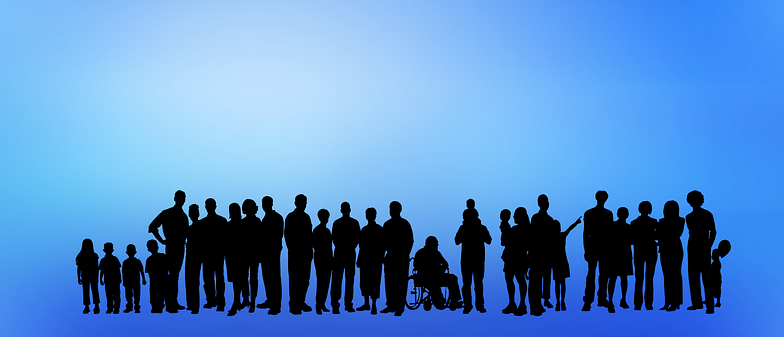Latest News
5 Things Everyone Should Know About People With Disabilities

5 Things Everyone Should Know About People With Disabilities
What is essential to know about being disabled? Unless you’re disabled, or unless you have a family member who is disabled, such as a child, sister or brother, spouse, or parent, it’s hard to be knowledgeable and up to date on disability issues and understanding their ability today.
Understanding and Differentiating
It’s important to understand the disabilities are varied. Furthermore, one disability is not worse or better than another.
The specific conditions under disabilities are many. In addition, the broad categories of disabilities are many. When you examine each situation, they are different and require different responses.
Each person who is disabled has to deal with not only practical barriers but other issues as well. These include mental and medical hardships, stigmas brought in from the outside, social hurdles, and negativity from other people and systems and social practices.
Those with disabilities must be treated at all times with respect.
Each disability requires a unique response.
Those who have mobility and physical issues require quality walkers, canes, wheelchairs, and more. Most importantly, they need neighborhoods and homes that are barrier-free. Some people who are disabled require help to do the everyday tasks necessary to take care of themselves. Those who are blind, visually impaired, deaf, hearing impaired, and non-speaking require understanding, patience, and adaptive devices. These individuals need the time and space to navigate the world and communicate and be heard by others.
Yes, Disabilities Are Challenging, but They Don’t Have to Be Terrible
The majority of people who are disabled deal with difficulties related both directly and indirectly to their disabilities. However, many disabled discover that most of the problems result from other people and the environment rather than the actual disability.
Think of a pie chart. For each individual, there is a unique ratio between suffering directly from a disability as opposed to difficulties as a result of systemic failures, lack of accessibility, and other person’s ableism. There are days when one will experience chronic back pain, loss of mobility, or sudden muscle spasms.
These are far worse than interpersonal ableism or physical barriers. Then there are other situations where our physical impairments are tolerable, but the struggle comes from trying to travel, the emotional abuse from insensitive and albeit comments that seem to come out of nowhere.
Some People Who Are Disabled Are Privileged, Others Are Not
If you’re going to be a cripple,” says Tyron Lannister, a “Game of Thrones” character, “it’s better to be a rich cripple. Lannister is also well aware of his social status and that if he had not been for nobility, he would have been killed at birth. Those who are disabled run the gamut of various backgrounds, but those who are privileged are often at an advantage.
Most Disabled People Simply Want to Be Heard, Seen, Taken Seriously, and Believed
Being visible is complexed for the disabled. Ironically, often a person’s disability is displayed, yet disabled people often feel invisible. They want very much to be acknowledged and notice. However, many disabled want the opposite.
They don’t want to be noticed. So they hide their disabilities as best they can, hoping others will focus on other qualities. For every person who is disabled, he or she wishes to be acknowledged, just like every other human. The disabled also want others to understand that each disability is not only real but distinct.
Harper Harrison is a reporter for The Hear UP. Harper got an internship at the NPR and worked as a reporter and producer. harper has also worked as a reporter for the Medium. Harper covers health and science for The Hear UP.










